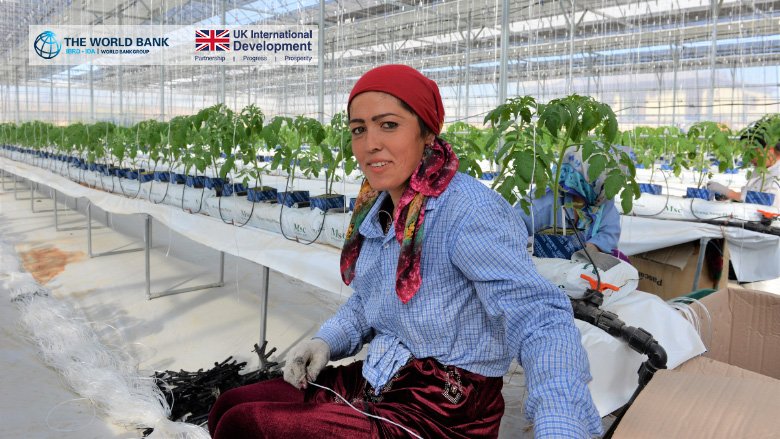The full text of the report:
| |

| |
, produced with the financial support of the government of the United Kingdom, serves as a diagnostic tool to evaluate the state of gender equality in the country.
This report examines gender equality in Uzbekistan across several domains, including education, health, economic activity, protection from gender-based violence, marriage, divorce, and participation in public life.
The CGA considers social norms, assessing cultural attitudes and practices influencing rights and perceptions of women in Uzbekistan��s society. The report offers recommendations to close gender gaps and promote inclusive prosperity.
Key Report Findings
Consequently, the , annually produced by the World Bank, recognized Uzbekistan as one of the top five improvers in gender equality in 2024.
Efforts to provide equitable healthcare have reduced infant and maternal deaths over the past three decades, with infant mortality dropping from 34.6 deaths per 1,000 live births in 1990 to 9.2 in 2021.
Young women face higher unemployment rates (15.5% vs 10% for males) and the share of young women who were not in employment, education, or training (NEET) reached 42%, compared to 8.8% for males. Additionally, wage gender gaps are significant, with women earning 34% less than men, exceeding the global average of 20%.
However, entrenched gender norms, where women are primarily responsible for caregiving and household duties, impede progress towards gender equality and inclusive economic growth.
Despite these obstacles, the CGA finds that Uzbekistan is leveraging a solid foundation of progress, offering promising prospects for enhanced gender equality in the future.